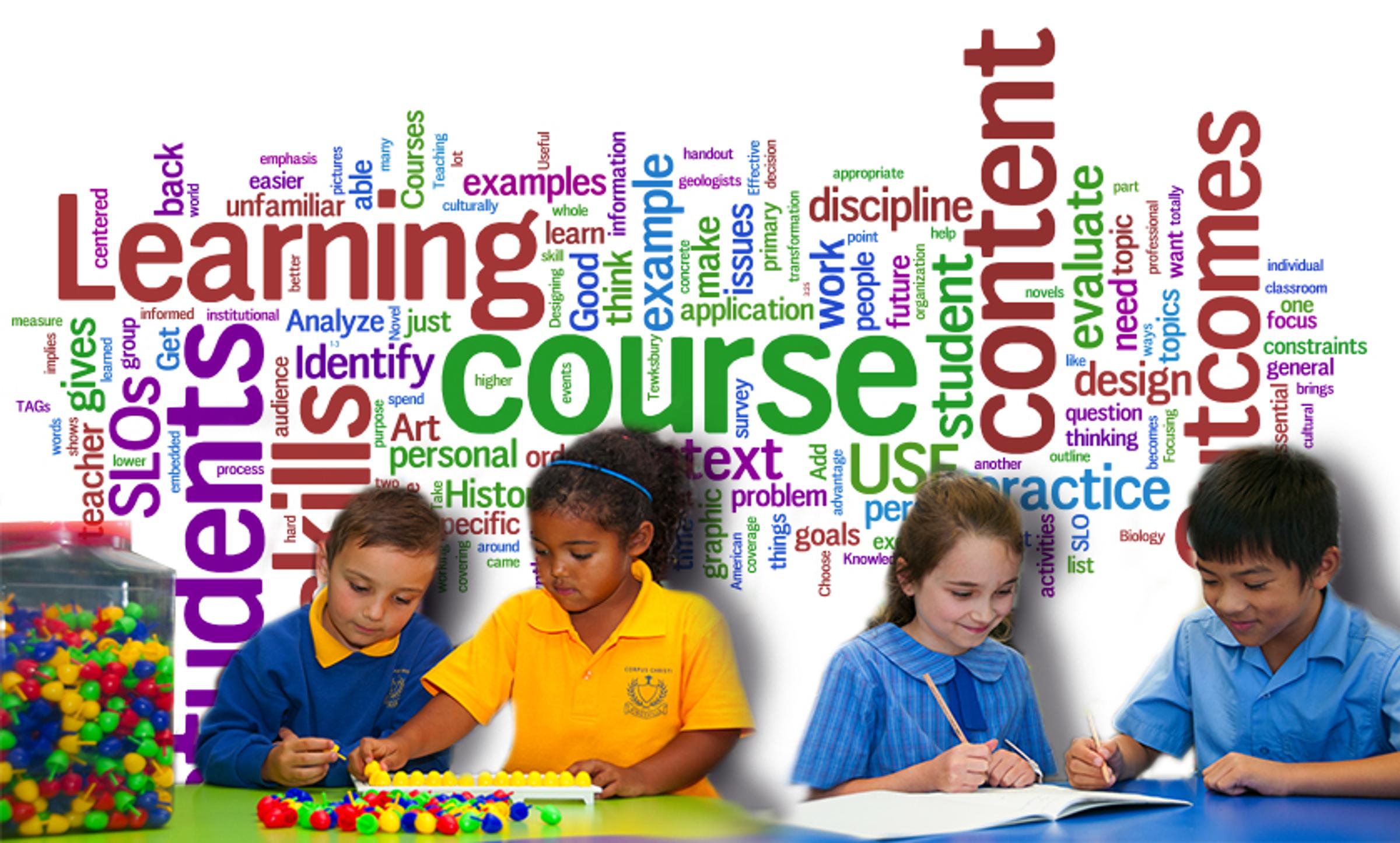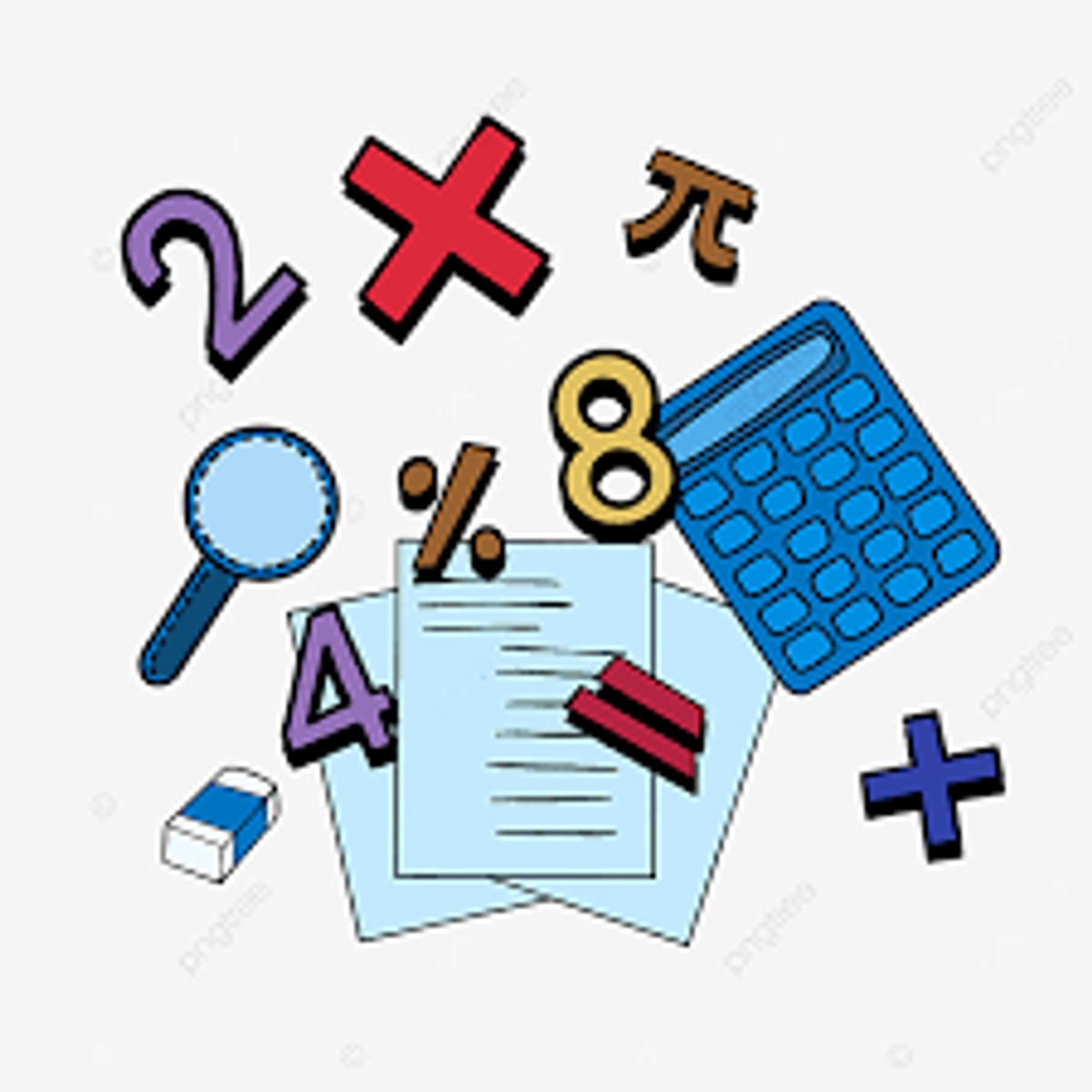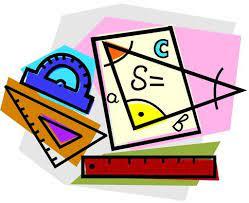Learning and Teaching

Numeracy at home
As your child’s first teacher, you play an important role in helping develop their numeracy skills from an early age. Numeracy skills give children an important start to their learning and development. They also help prepare them for daily life at all ages.
What is numeracy?
Numeracy is the knowledge, skills, behaviours and dispositions that students need in order to use mathematics in a wide range of situations. It involves recognising and understanding the role of mathematics in the world and having the dispositions and capacities to use mathematical knowledge and skills purposefully.
Why is numeracy important?
While much of the teaching of concepts and skills to support numeracy happens in the Mathematics learning area, it is strengthened as students take part in activities that connect their learning in the Mathematics classroom within the context of other curriculum areas.
Numeracy is more than numbers. Numeracy is necessary for everyday living. From daily activities like telling the time, cooking and setting the table to more difficult tasks such as understanding mobile phone plans, planning a trip, reading a map and understanding timetables.
As children and young people move through life stages the everyday numeracy demands become more complex.
Why is Maths vocabulary so important?
Vocabulary understanding is a major contributor to overall comprehension in many content areas, including mathematics. Teaching and learning the language of mathematics is vital for the development of mathematical proficiency. Students’ mathematical vocabulary learning is a very important part of their language development and ultimately mathematical proficiency.
It is critical for students to understand and use Maths terminology in daily Maths lessons. Maths has a language of its own. Sometimes it uses symbols and sometimes the written word, but there is no denying that Maths is a language.
How can I help my child’s numeracy and language at home?
You can help build your child’s numeracy by doing the following:
- be positive about their numeracy experiences and praise effort and perseverance
- let your child know that everyone can be successful
- seize everyday opportunities to capitalise on numeracy development
- involve your child in numeracy-related activities
- describe what you are doing in situations that involve numeracy
- explain why you make certain numeracy choices
- explore numeracy with your child
- learn alongside your child and encourage a sharing of numeracy ideas and thoughts.
For more information, please see the following websites: http://numeracyguidedet.global2.vic.edu.au/numeracy-at-home/
https://www.numeracyathome.com/
http://www.amathsdictionaryforkids.com/
Deborah Courtney
Director of Learning and Teaching


